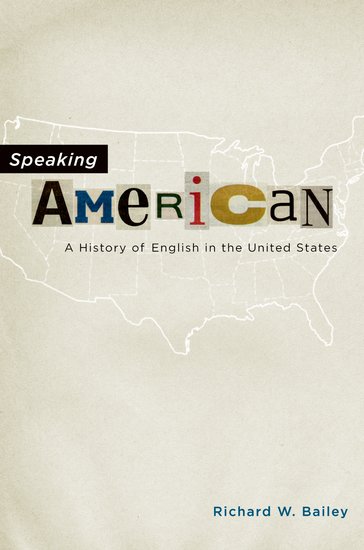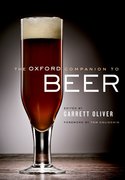Debate: What is the origin of “buckaroo”? Richard Bailey writes
We (unintentionally) started a debate about the origin of the word “buckaroo” with our quiz Can you speak American? last week. In an excerpt from Richard Bailey’s Speaking American, he argues that it comes from the West African language Efik. A response from OED editor Dr. Katrin Thier will follow.










